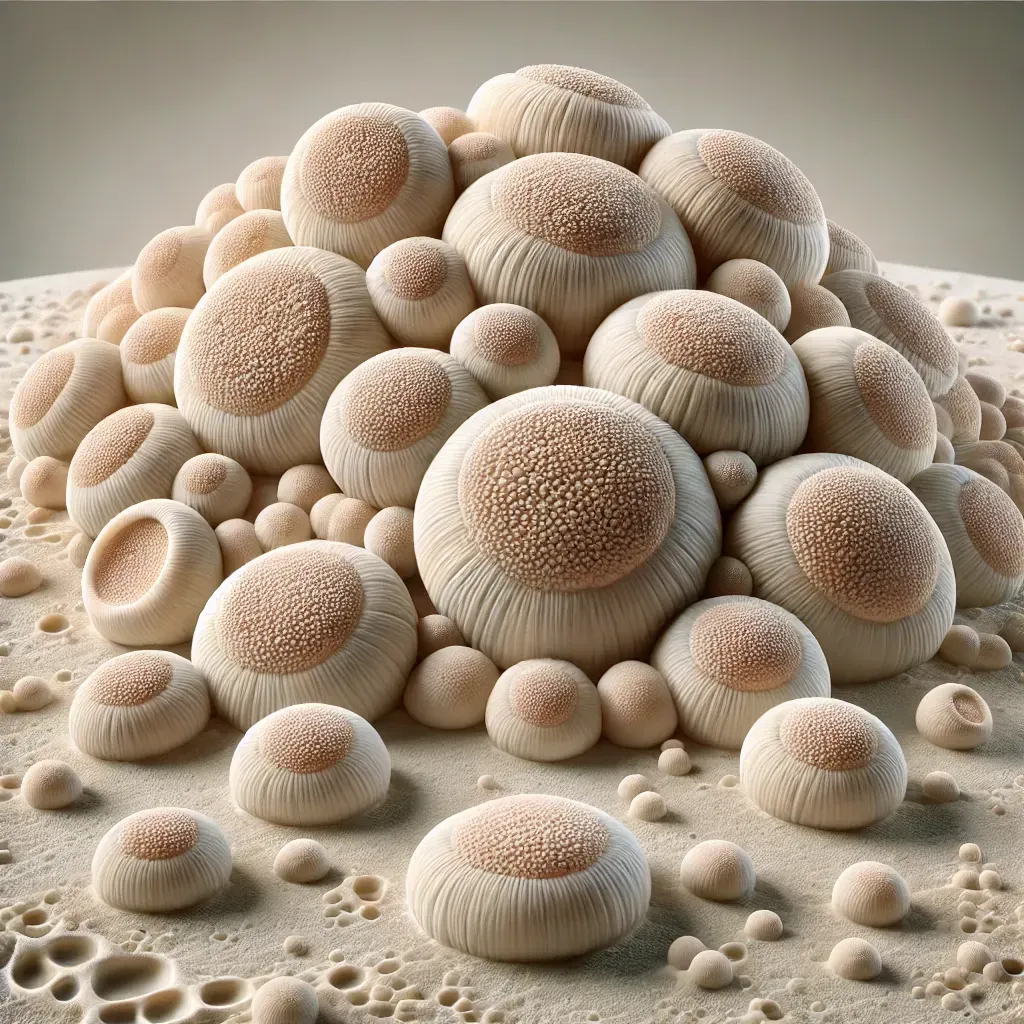Got Heartburn?
What If I told you that your heartburn is because you do not have enough stomach acid versus too much?
Gastroesophageal reflux disease (GERD) is one of the most common digestive disorders, and it is also one of the most mismanaged diseases by the medical establishment. According to the American College of Gastroenterology, up to 15 million American suffer from heartburn daily [1]. And you know who capitalizes on that? The antacid industry raked in almost $2 billion in 2018 [2].
Most people think acid reflux is caused by too much stomach acid, hence an acid blocker. The problem with this theory is that the incidence of heartburn and GERD increase with age, while stomach acid levels decline with age.
The truth is heartburn is NOT caused by too much stomach acid, it is caused by too little.
No way, Heidi. You say. My symptoms go away when I take my daily Omeprazole.
Let me tell you the story of happens when you eat or drink something. When food enters the stomach it mixes with hydrochloric acid (HCl) naturally produced by the stomach, and it becomes chyme (rhymes with time). I call this "the burn and churn". This mechanical mixing of our food with acid triggers pepsin, the enzyme required for protein digestion.
Now here's the catch: a normal stomach has an acidity level of 0.8, and in order for food to move into the small intestine, it must reach 1.5-3. The small intestine is where the digestion and absorption of carbohydrates and fats occurs. If it is not acidic enough, the pyloric sphincter (the muscle separating the stomach and the small intestine) will not open and chyme will sit in the stomach. As it sits there fermenting (carbohydrates), putrefying (protein), and turning rancid (fat), it's becoming a toxic mess and the body wants to get rid of it.
Picture a bottle of beer. Shake it, pop the cap, and what happens? It explodes! Well, your stomach is the bigger part of the bottle, and your esophagus and throat are the neck. If your stomach cannot get its acidity level to 1.5-3, this is exactly what happens to you. All that acid creeps back up to your throat and makes you feel as sick to your stomach as your stomach is actually sick.
So yeah, your antacid does reduce the symptoms of heartburn and GERD because it completely blocks the acid from being produced, but in no way does it heal the problem. In fact, it makes the problem worse. The longer someone is medicating with acid blockers, the more severe the condition becomes, often making this a lifelong medication for those who are taking them.
Antacids are NOT meant to be lifelong medications. People who take acid blockers for an extended period of time have shown to have increased bacterial overgrowth, higher incidence of SIBO, impaired nutrient absorption, decreased resistance to infection and parasites, and an increased risk of cancer and other diseases.
Without adequate stomach acid we are not able to properly digest and absorb the nutrients from our foods. Low stomach acid has been linked to a plethora of nutritional deficiencies:
B12 is needed for nerve activity, brain function, and is used by the liver as part of the detoxification process. B12 enters the body bound to animal proteins and cannot be separated from its carrier protein unless there is adequate stomach acid.
Iron is required for the oxygenation of body tissue. People who are anemic are iron deficient and their tissue is being starved of oxygen. Studies have proven that people with chronic anemia are also have below normal stomach acid secretion.
Folate is crucial to red blood cell production, helps prevent osteoporosis-related bone fractures, and helps prevent dementia diseases including Alzheimer's. Low stomach acid interferes with the absorption of folate by raising the pH of the small intestines. It has also been shown in studies that both the drugs Tagamet and Zantac reduced folate absorption.
Calcium is used largely to keep our bones and teeth strong, thereby supporting skeletal structure and function. Calcium also assists in cell signaling, blood clotting, muscle contraction, and nerve function.
Zinc plays a crucial role in over 300 enzymes in the body. It is vital for growth, cell division, and fertility. Among all vitamins and minerals, zinc shows the strongest effect on our immune system. Low zinc levels reduce and weaken T cells, which are required to recognize and fight off certain infections.
People with low stomach acid or on acid blockers are also more susceptible to pathogens like Salmonella, Campylobacter, cholera, Listeria, giardia, and Clostridium difficile. Their immune system is also decreased in its ability to fight infections.
Heartburn and GERD are caused by too little versus too much stomach acid, however, it is possible to heal the body and stop dependency on these drugs. Check out my page on Gastrointestinal Health
for more information on how we can help get you off these sneaky, debilitating drugs.
1. https://gi.org/topics/acid-reflux/
2. https://www.statista.com/statistics/194544/leading-us-antacid-tablet-brands-in-2013-based-on-sales/
Don't Miss Out!

Heidi Toy Functional Medicine Blog

Omega-3 and Omega-6 are considered “essential” fatty acids because they cannot be produced by the body--we get them from the food we eat. They are biologically active upon ingestion, which means the body utilizes them right away and cannot store them up for later. They are essential because they help with both inflammatory and anti-inflammatory responses.

One of the reasons fad diets often fail is because they are not sustainable. The other reason is because they usually harm different systems in the body as much as they are meant to help. As with all health issues, when it comes to diet, everything should be in moderation. The following five diet points all involve TOO much of a “good thing”:




















































































